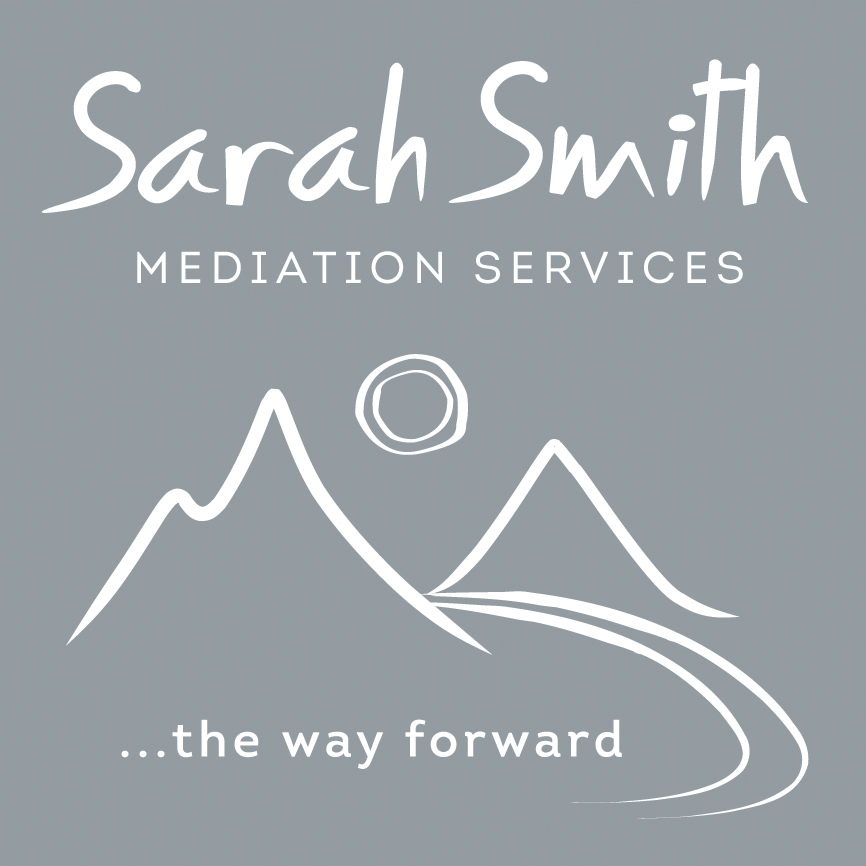One thing that frustrates me (and I suspect all mediators) is that mediation is labelled a ‘soft option’. This is often the criticism put forward by the misinformed, but there is also a genuine fear that mediation could achieve a lesser result in divorce and separation than using other methods, including court. Particularly for sorting out finances.
Not so. Fair enough, of course I would say that as a mediator! So here are some facts about financial mediation and some testimonials from lawyers and former mediation clients, who assure you it is hard work but worth it.
How do you sort finances in mediation? The first step is always financial disclosure. You have to know what you have, before you can work out how it should be divided. This is the same first step whether using solicitors, collaborative law, arbitration or going to court.
Disclosure is just the formal word for collating and sharing all the financial information relating to the relationship. So, valuing your home/any other property, working out what is outstanding on the mortgage, how much you have in bank accounts or other investments, do you have any other assets like cars or jewellery, is there a business involved? Do you owe any money e.g. credit cards, loans etc.? Answering these questions will show what ‘capital’ there is. You also need to understand about income (now) and earning capacity (going forwards). And how much income do you need each month to meet your needs, i.e. what does your budget look like? Answering these questions will help with what ongoing level of financial support one person may need to make to the other, including for any children. Last, but not least, what about pensions? These are often assets built up during the relationship so you also need to think about what each person’s retirement future looks like.
How do you know all the financial information has been gathered and shared? We use the Financial Statement sometimes referred to as Form E, which is the same form used at Court. This gives assurance that the disclosure process has been as comprehensive as it would be in court (with solicitors or in arbitration etc.) and it also makes it easier to work alongside others you have taken advice from. We recommend people are sure about their financial situation by taking legal and financial advice, including from an IFA, accountant or mortgage broker.
You should be getting the message by now that financial disclosure is very important. Discussions in mediation and reaching agreement can only take place when disclosure has been done fully and honestly. Both parties are under a duty to provide that information and, like the court process, agreements reached risk being overturned if this hasn’t happened – which would be a very expensive waste of time!
The advantage of mediation is that the mediator also needs to understand both of your financial situations in full, which means questions are asked and work continues until there is a complete picture. This can help if one person feels less comfortable than the other around finances.
When we have a complete picture, we can begin to explore options. Which is another advantage of mediation – we can look at “What if you sold the house?” – “What if one of you retained the house?” – “What if you kept the house for a short period and sold later?”. With full disclosure and worked-through options, you can then decide together what seems to be the best option for all the family and check is this practical. So, for example, if one person is going to retain the house, will the mortgage provider permit them to take on the mortgage and can they afford to pay it each month? If you are going to sell, what sort of housing needs do you both have going forward, what is your mortgage capacity? And so on…
It remains your decisions – not enforced on you, not about someone winning and someone losing. We provide information in mediation and work within what the law says is fair, so you can be confident that your settlement is approached in the same was as a Judge would have done at court. Except quicker, less expensive and more tailored to your family.
Is a mediation agreement binding? No, it isn’t. It’s the first step and most people will then have this converted to an enforceable agreement (consent order) alongside their divorce or separation. There are certain kinds of financial settlement that are only possible when you take this additional step, e.g. pension sharing. However, it is very easy for solicitors to work from a mediated agreement (memorandum of understanding) plus the disclosure given (open financial summary) and translate this into a consent order. The ‘heavy lifting’ has been done in mediation, saving you time, energy and money.
How do I get started? Email [email protected] and we will send a referral form. If you can’t do that, complete the page on our website here. Or call 07595 650223
Still not sure…?
Mediation promotes honest and open communication to find out what is most important to the separating couple and look for creative ways to try and achieve those objectives. Mediation can be used positively to turn a potential argument, where battle lines are drawn, to a search for a workable solution. Clients know that throughout the process they can still access the advice and support of their solicitor as and when they need it as the meetings progress. Mediation helps clients to keep control and ownership of the decisions that they make, cost effectively and with the aim of keeping the acrimony to a minimum.
[Carmelita Ardren, Partner, Raworths Solicitors Harrogate]
Mediation was a last resort for me, but I wish it hadn’t had been as I would have saved myself a lot of time, anger, frustration, distress and sadness in what is already a very difficult, raw and emotional situation. Although you are never going to reach an exact agreement all concerned parties are happy with, with the professional and impartial information, advice and guidance from Sarah we certainly ended our mediation in a significantly better place than when we started it and we have found a way to move forward and move on.
[MP, Mediation Client, Feb 2021]

